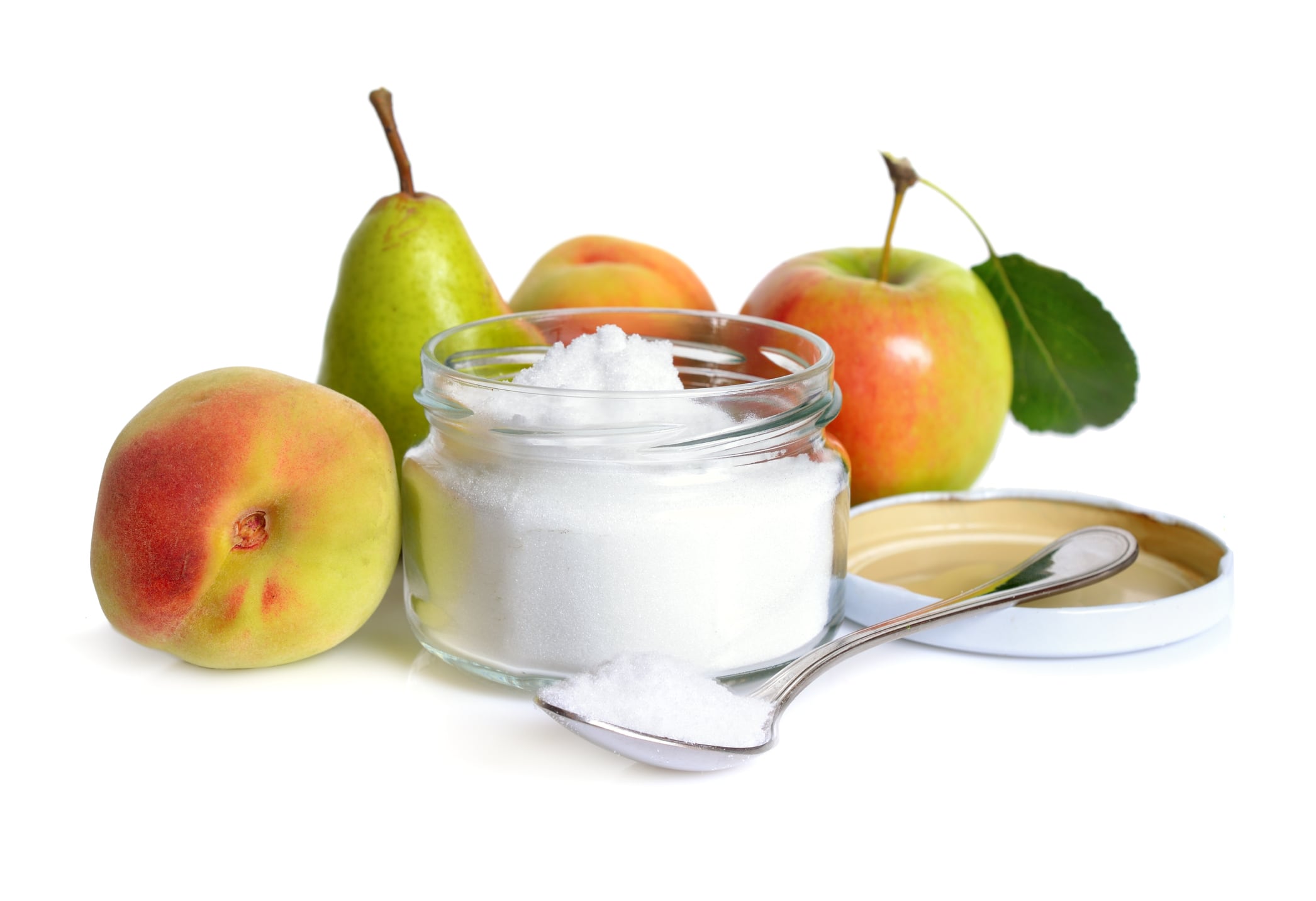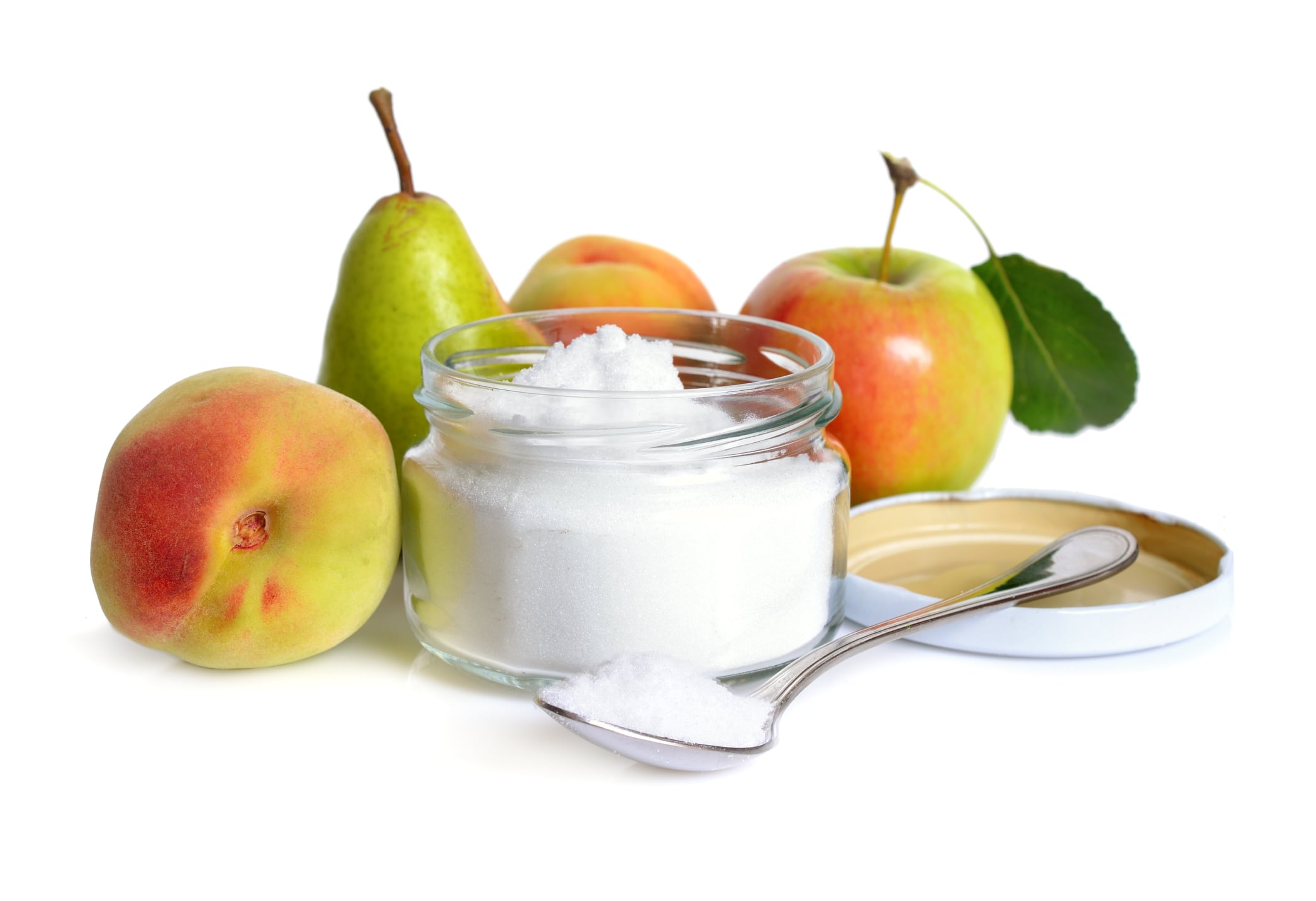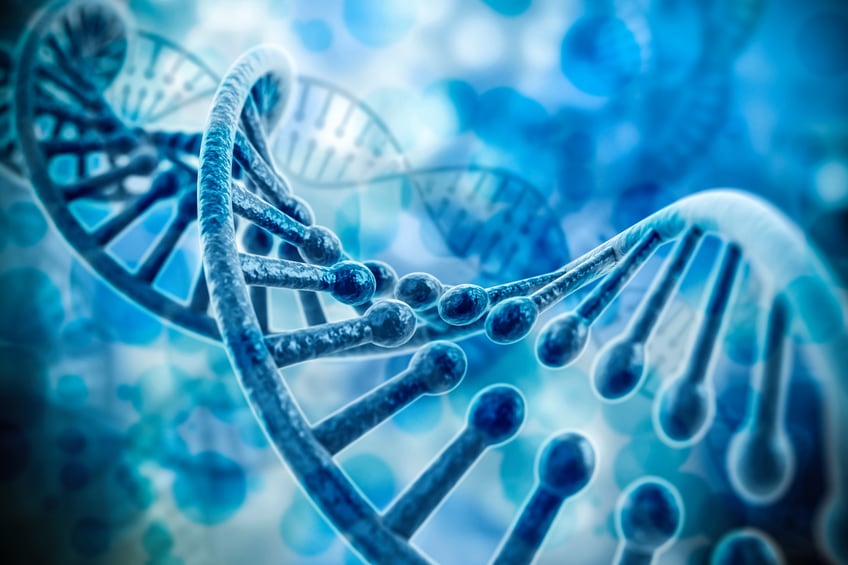Dietary fructose and glucose, which are prevalent in the Western diet, affect host-gastrointestinal microbe interactions contributing to differences observed in obese and normal-weight intestinal microbiota. However, only a few studies have investigated the impact of fructose-rich diets on gut microbiota and the subsequent effects of high-fructose diet-induced effects on metabolic diseases.
In a previous study involving six lean and six obese women, the researchers behind the current study found significant changes especially in certain acylcarnitine and lysophosphatidylcholine levels after high-fructose consumption and correlated the microbiota abundances with plasma metabolites.
The aim of the present pilot study was to investigate the influence of different types of short-term fructose-rich diets on the human gut microbial signature.
The team, from the University of Hohenheim, Germany, analysed the microbiota composition of 12 healthy females following consecutively different high-fructose diets, first a fruit diet (100 g/day fructose from fruit and vegetables) and then, after a low-fructose phase, a high fructose syrup (HFS) diet (100 g/day fructose from syrup) and characterised the responses of bacterial communities after the different dietary interventions.
The report concludes that a high-intake of fructose syrup causes a reduction of beneficial butyrate producing bacteria and a gut microbiota profile that may affect unfavourably host lipid metabolism, whereas high consumption of fructose from fruit seems to modulate the composition of the gut microbiota in a beneficial way supporting digestive health and counteracting harmful effects of excessive fructose.
The researchers conclude: "Abundance of the phyla Firmicutes and Bacteroidetes, which represent the largest proportion of the gut microbiota, changed in response to the different high-fructose diets. The relative abundance of Firmicutes increased after a fruit diet and decreased following the HFS diet, whereas the relative abundance of Bacteroidetes showed opposing patterns.
"At the genus level, we observed more specific shifts including an increase in Faecalibacterium and Anareostipes and a reduction in Parabacteroides and Barnesiella after the fruit-rich diet. After the high-fructose syrup diet (HFS), we observed a decrease of Ruminococcus, Faecalibacterium and Erysipelatoclostridium whereas Barnesiella abundance was higher after the HFS diet."
Besides a high fructose content, the authors note that the high fruit diet was characterised by a relatively high content of fiber. They therefore point out that observed alterations in gut microbiota may at least partially reflect changes driven by a higher intake of fiber rather than changes in response to the high-fructose consumption.
They state: "Dietary fibers from fruit and vegetable are degraded by colonic bacteria resulting in the production of key metabolites such as short chain fatty acids (SCFAs), which are important promoters of gut health. SCFAs, particularly butyrate, are well known for their anti-inflammatory functions."
The authors note the small sample size in this study and the short one-week dietary phases might have led them to miss potential long-term effects on microbiota.
Research background
The first evidence that fructose might affect microbiota arose from studies in rodent models. Fructose-fed mice have shown a significantly lower abundance of Bacteroidetes and a slightly increased Firmicutes abundance. The microbiota changes the present study observed at the phylum level are consistent with these data and also in agreement with previous findings that a high-fructose diet caused a reduced Bacteroidetes abundance and a slightly enhanced Firmicutes abundance.
Furthermore, the present data are in accordance with a study by Astbury et al. who found a higher Firmicutes and a lower Bacteroides abundance after a high-fructose diet during pregnancy in rats. However, all these studies analysed the effects of fructose either added to the solid diet or as an additive in drinking water, but not as fructose from whole fruits.
Source: Nutrients
Bischoff. S. C., et al
"Fructose-Induced Intestinal Microbiota Shift Following Two Types of Short-Term High-Fructose Dietary Phases"




